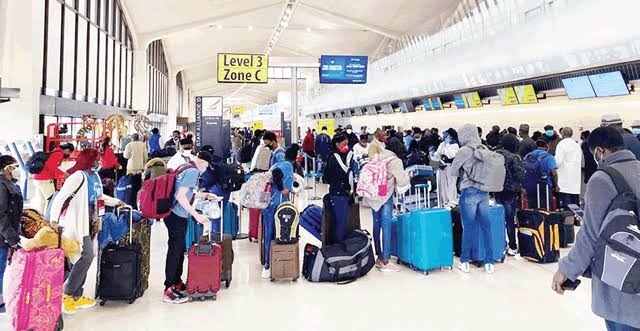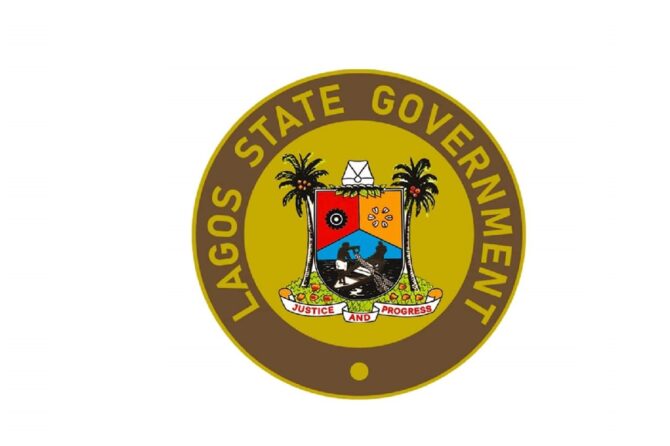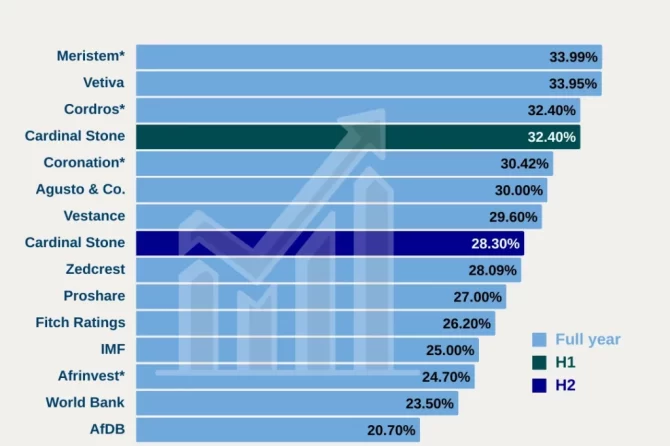Why Nigerians Leave: The Push and Pull of Immigration in 2025
LAGOS, Nigeria—In 2025, Nigeria remains a leading source of African migrants, with thousands fleeing economic hardship, insecurity, and political unrest for opportunities abroad, despite tightened global borders. The naira’s fall to N1,621 per dollar, 40% inflation, and 3,800 abductions this year push young Nigerians toward the U.S., UK, and Canada, where education and jobs beckon. Yet, the dream of “japa”—slang for escape—comes with risks, from visa denials to cultural shocks, leaving many to weigh hope against reality as of April 13, 2025.
Economic Squeeze: A Nation Priced Out
Nigeria’s economy, though projected to grow 3.5% in 2025 per the World Bank, offers little relief for its 230 million people. Youth unemployment hovers at 53%, per the National Bureau of Statistics, and inflation makes basics like rice (N100,000 per bag) unaffordable. “I can’t save in naira—it’s worthless by tomorrow,” says Chidi Okoye, a 29-year-old engineer in Abuja eyeing Canada’s Express Entry program. Trump’s 14% tariffs, effective April 9, cut Nigeria’s $6 billion U.S. exports, slashing jobs in cocoa and textiles. The CBN’s $200 million forex injections fail to ease dollar scarcity, driving professionals to seek stability abroad.
Insecurity and Instability: Running from Danger
Violence fuels the exodus. Boko Haram’s resurgence in Borno and banditry in Zamfara led to 3,800 abductions in 2025, per ACLED, shattering families. “My cousin was kidnapped—I’m not waiting to be next,” says Amina Yusuf, 24, a nurse applying for UK visas. Political unrest, from protests over N950/litre fuel to PDP governors’ Rivers clash, deepens distrust. A 2018 Afrobarometer poll found 35% of Nigerians wanted to leave; X posts (#Japa, 150,000) suggest that’s grown. “Nigeria’s chaos makes anywhere seem safer,” says analyst Dr. Tunde Lawal, noting asylum claims spiked 20% in 2024.
The Pull of Opportunity: Education and Jobs Abroad
The West’s allure is strong. The U.S. hosts 712,000 Nigerians, per 2022 ACS data, drawn by universities and tech hubs; the UK saw 43,000 Nigerian students in 2021, per migrationpolicy.org. Canada welcomed 22,000 Nigerians in 2022, offering pathways like the Federal Skilled Worker Program. “A U.S. degree means I can earn dollars, not naira,” says Tolu Ade, 21, in Lagos, prepping for GRE exams. Nigerian-Americans, with 61% holding bachelor’s degrees versus 32% of U.S.-born, per MPI, inspire others. Success stories like Ngozi Okonjo-Iweala fuel dreams, but visa backlogs—10-hour waits at Lagos IOM centers—test resolve.
Risks and Realities: The Cost of Japa
Immigration isn’t a golden ticket. Irregular migration, like “traveling by road” to Europe, traps many in trafficking, with NAPTIP reporting 500 rescued victims in 2024. Legal migrants face high costs—$2,000 for U.S. visas—and cultural shock. “I expected easy money, but I clean houses,” says Kemi Alabi, 32, in London, per a UNESCO study. X posts (#JapaRegret, 30,000) highlight racism and loneliness abroad. Yet, returnees struggle too, with Nigeria’s job market unforgiving. “You leave nothing behind, so you keep going,” says Dr. Omoche Agada, a U.S.-based Nigerian academic.
A Nation’s Dilemma: Brain Drain or Global Gain?
Nigeria loses talent—doctors, engineers, coders—but gains remittances, $17 billion in 2020, per World Bank. Tinubu’s team pushes AfCFTA to create jobs, but insecurity and power grid collapses (eight in 2025) stall progress. “We need youth here, not abroad,” says Minister Hannatu Musawa, touting tech hubs. Still, with 45% of Nigerians planning to leave, per a 2018 Pew survey, the tide persists. Can Nigeria harness its diaspora’s skills, or will japa drain its future?

















